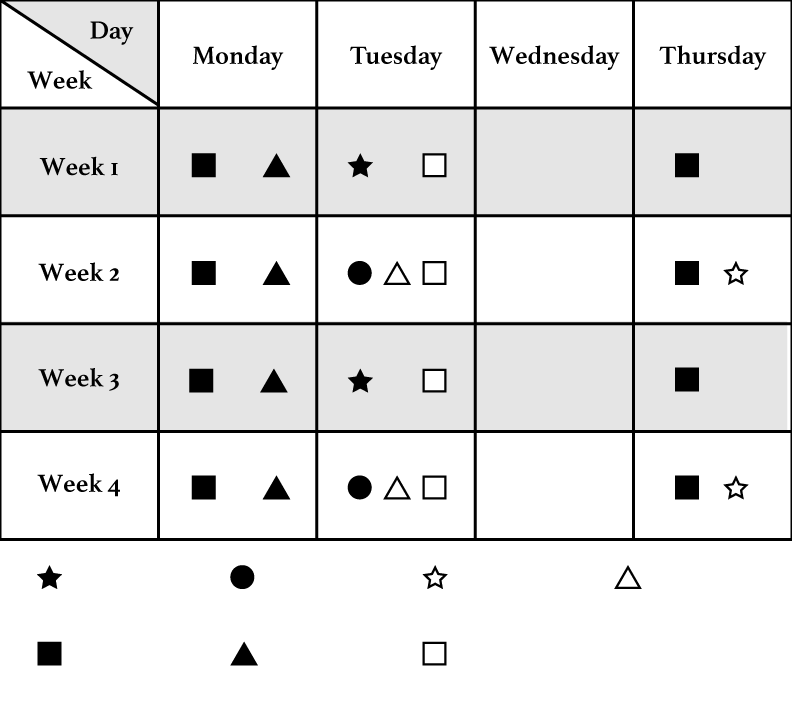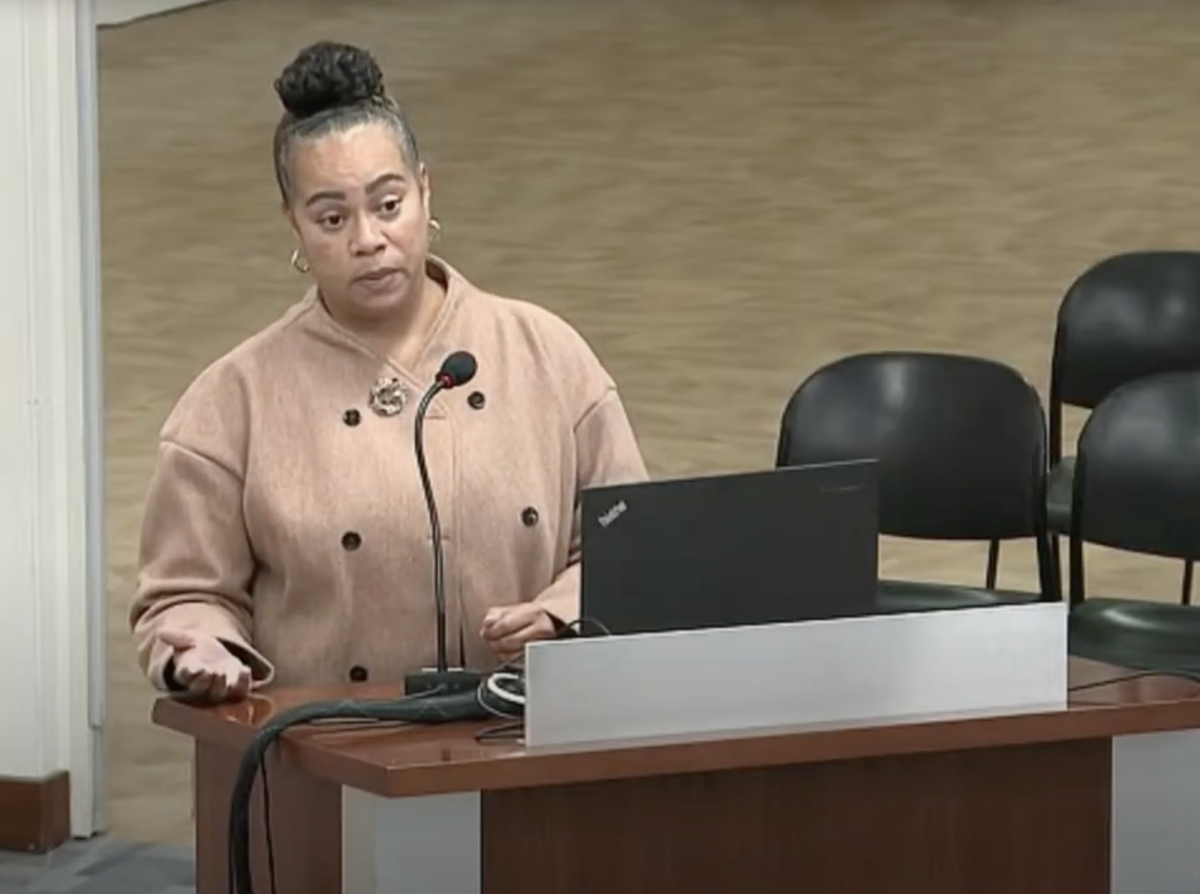Student-led food giveaway programs available at all four Peralta campuses
by Eva Hannan

Working brains burn calories, so where do students go when they need to feed the machine?
For Peralta students, each campus has its own plan regarding the variety and pricing of prepared food. In addition to snack and drink machines located in the student center on each campus, some campuses also house cafeterias with limited hours to purchase hot and prepared food.
The prices are more affordable than a restaurant, but not everyone can buy a meal at school every day. Low-income students may not be eligible or aware of programs such as financial aid or the Extended Opportunity Programs and Services (EOPS), which “provides educational opportunity for non-traditional students who are educationally and economically disadvantaged,” notes the Laney website.
More than 60 percent of Peralta students have experienced food insecurity, according to the Peralta Community College District Spring 2017 Food & Housing Survey. In addition to other factors, many Oakland residents live in “food deserts,” or areas without easy access to groceries other than what is available at corner stores.
Struggling students have resources for free food at each Peralta campus through the Food Bank, and certain campuses have other student-led programs, but the variety of food and how often it is accessible differs broadly from one college to another.
In so many ways, in terms of food, Laney is queen of the Peralta campuses. For starters, the food preparation and serving in the cafeteria and the Laney Bistro are done by students in the culinary program.
The types of food and desserts available in the cafeteria and at the Laney Bistro changes throughout the semester, as students move from learning the basics to more challenging items in the two-year program.
Laney also has a wealth of programs for students who want to get fresh vegetables and dry goods to prepare at home. The Associated Students of Laney College opens the Food Pantry, located on the fourth floor of the Student Center, for limited hours on Mondays and Thursdays.
Students can get free food up to twice each month. Currently, through Student Services, there are shelf-stable dry goods such as cereals, pastas and instant-prepared foods available.
“The selection’s good, but I feel if it was run by us, it could be even better,” said Dagnachew Sibhat, president of the ASLC. He said he would like to see all of the food programs at Laney be run by students, with funding from the ASLC.
Then the Food Pantry could be open more often, Sibhat said, and be able to provide perishable items like eggs and milk to students as well, since the necessary refrigeration is already in place.
Sibhat and the ASLC also have a partnership with the Alameda County Food Bank, which distributes free produce on campus every other Tuesday, as well as with the nearby Lake Merritt United Methodist Church, which provide students with access to its food pantry on the Tuesdays when the Food Bank is not on campus. The services at Laney are available only to current students.
The other Peralta campuses have similar partnerships with the Food Bank, typically setting up for a couple hours every other week to give away fresh produce and sometimes other food as well.
Merritt College, through the Sustaining Oakland Urban Lives (S.O.U.L.) program, has its Food Bank giveaways the second and fourth Thursdays of each month. Recipients are encouraged to bring their own bags, and the food is available to students and community members.
The campus is also home to the Ability Counts Club, which teaches students with disabilities how to cook food for themselves. Twice a month, students share the skills that enable the kinds of self-care and independence that able-bodied students may take for granted.
Club members learn to prepare different types of food, and then they sell it at the school during lunch as a fundraiser for the club, explained founding member Jennifer Hughes.
At Berkeley City College, the Wellness Center hosts a Food Bank giveaway on the first floor every Monday afternoon.
“Sometimes we have bread and carbs, but basically it’s produce right now,” said Mary Ann “Mango” Go, who ran the program for a year when it started in spring of 2017. The Wellness Center is also working to establish cooperation with other local food services such as Berkeley Food Network and Daily Bread, she said.
The Associated Students of BCC have made creating a food pantry on the campus their big project this year, and hosted a Pumpkin Pie Fundraiser on Nov. 20 in an effort to have the pantry running by the end of spring 2019.
“We want people to be aware of the food insecurity issue,” said ASBCC President Romina Contreras. “It is a big crisis that affects our community, so we want to have an in-campus pantry available here.”
The Associated Students of College of Alameda and Student Services are also working to get more food available to students on campus, said Vice President Katherine O’Brien.
“On Tuesdays from 9–10:30 a.m. we have a program called Food Shift,” O’Brien said, “where students can get free breakfast.”
The College of Alameda campus also hosts a Free Produce Market from the Food Bank twice a month on Tuesdays. ASCOA will also be hosting a food drive and a toy drive the week after Thanksgiving, O’Brien added.

























